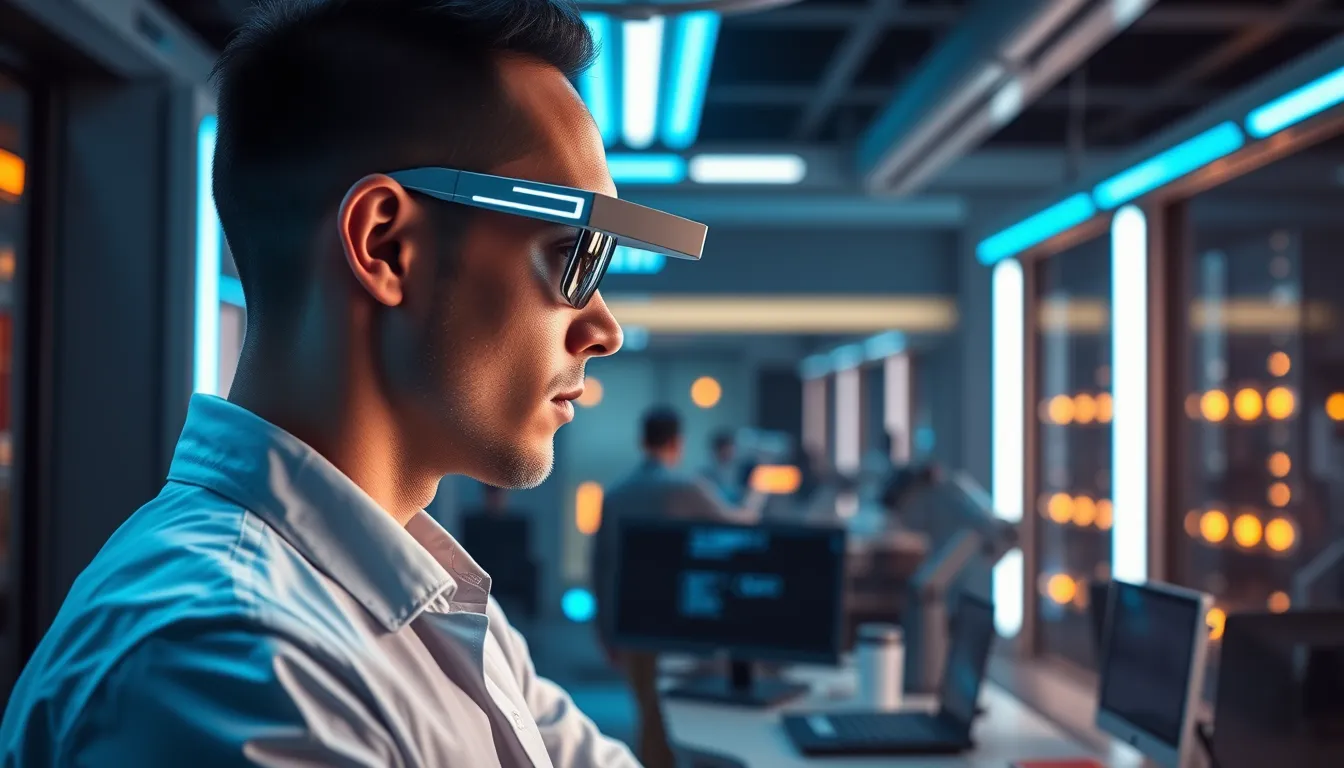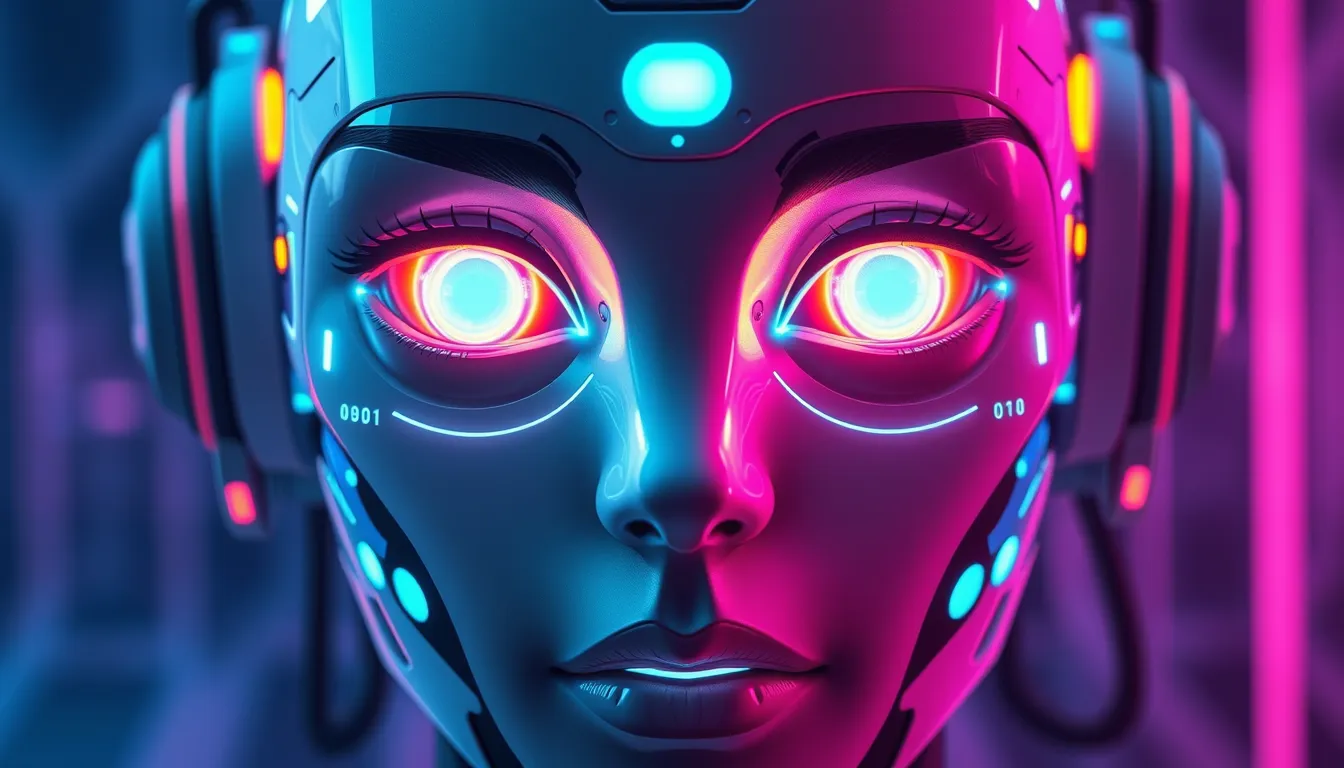Now Reading: Powerful AI in Healthcare Diagnostics: Boosting Patient Care
-
01
Powerful AI in Healthcare Diagnostics: Boosting Patient Care
Powerful AI in Healthcare Diagnostics: Boosting Patient Care

Powerful AI in Healthcare Diagnostics: Boosting Patient Care
Artificial Intelligence (AI) in healthcare diagnostics is transforming how patient care is delivered. By integrating technology into medical imaging, disease prediction, and diagnostic accuracy, the healthcare industry is experiencing a new era of innovation. This article explores how AI in healthcare diagnostics is revolutionizing medical practice, enhancing precision, and overcoming challenges.
Understanding AI in Healthcare and Its Impact
AI in healthcare is an emerging field where machine learning and advanced algorithms improve clinical decision-making. Specifically, AI in healthcare diagnostics boosts patient outcomes by analyzing large datasets and identifying patterns invisible to the human eye. As hospitals and clinics incorporate AI diagnostic tools, patient assessment becomes more accurate, leading to better treatment strategies.
Key benefits include:
- Enhanced diagnostic accuracy
- Faster analysis of medical imaging
- Improved disease prediction using AI algorithms
For example, hospitals around the world now rely on validated AI medical imaging tools to detect early signs of disease. This development reflects a trend of increasing AI adoption across the healthcare industry, driven by higher search volumes and positive trends.
How AI Improves Diagnostic Accuracy
The primary function of AI in healthcare diagnostics is to support doctors with accurate information derived from radiological images, lab results, and patient histories. When statistics show that early diagnosis can dramatically improve outcomes, AI’s role becomes even more significant. Here are some ways AI improves diagnostic accuracy:
Advanced Image Analysis
AI medical imaging systems analyze thousands of images per minute, allowing radiologists to pinpoint abnormalities such as tumors or fractures. These tools are specifically designed to perform under high-pressure situations, ensuring quick, dependable results. This technological advantage marks a significant breakthrough in AI in healthcare diagnostics by reducing human error.
Disease Prediction Models
Beyond imaging, AI disease prediction utilizes data from electronic health records to forecast potential health issues. This predictive capability is essential in managing chronic illnesses and preventing complications. Organizations across the globe implement AI disease prediction techniques to enhance patient care and streamline treatment processes.
Benefits and Challenges of AI in Healthcare Diagnostics
There are numerous benefits, but there also exist several challenges when integrating AI into healthcare:
Benefits:
- Increased efficiency in diagnostics
- Reduction in manual errors
- Real-time data analysis and intervention
Challenges:
- Data privacy concerns – ensuring patient data remains secure
- Integration with existing systems – the need for seamless technology adoption
- High initial investment and training costs
Addressing the challenges of AI in healthcare is crucial for long-term success. As the healthcare sector gears up for digital transformation, balancing technology advancements with ethical considerations remains paramount. Leading organizations like IBM and Siemens are continuously working on developing secure platforms that adhere to strict privacy regulations.
Future Outlook for AI in Healthcare Diagnostics
The future of AI in healthcare diagnostics looks promising. With increasing research and innovation, AI will play an even more critical role in predictive analytics and personalized medicine. Future developments are likely to include enhanced machine learning models and integration of multi-source data such as genetic information and real-time health monitoring. As emerging markets continue to adopt these technologies, global healthcare is set for a revolution.
Moreover, familiarity with long-tail searches such as “how AI improves diagnostic accuracy” and “challenges of AI in healthcare” empowers healthcare professionals to seek comprehensive solutions that address both clinical and operational challenges. By harnessing the power of AI, practitioners can offer more efficient, accurate, and individualized patient care.
Conclusion
In summary, the integration of AI in healthcare diagnostics is not just a trend—it is a seismic shift reshaping the industry. From advanced image analysis to robust disease prediction models, AI provides invaluable support in achieving higher diagnostic accuracy and improved patient outcomes. As healthcare continues to evolve with technology, developing a clear strategy for AI implementation will be essential for maintaining a competitive edge.
For more information on the impact of AI in healthcare diagnostics, visit trusted sources like the official pages of IBM and Siemens Healthineers. These resources offer insights into how established companies are leveraging AI to drive innovation in medical diagnostics.
Embracing AI in healthcare diagnostics today paves the way for tomorrow’s advanced patient care solutions, ensuring that both clinicians and patients benefit from revolutionary technological advancements.

























